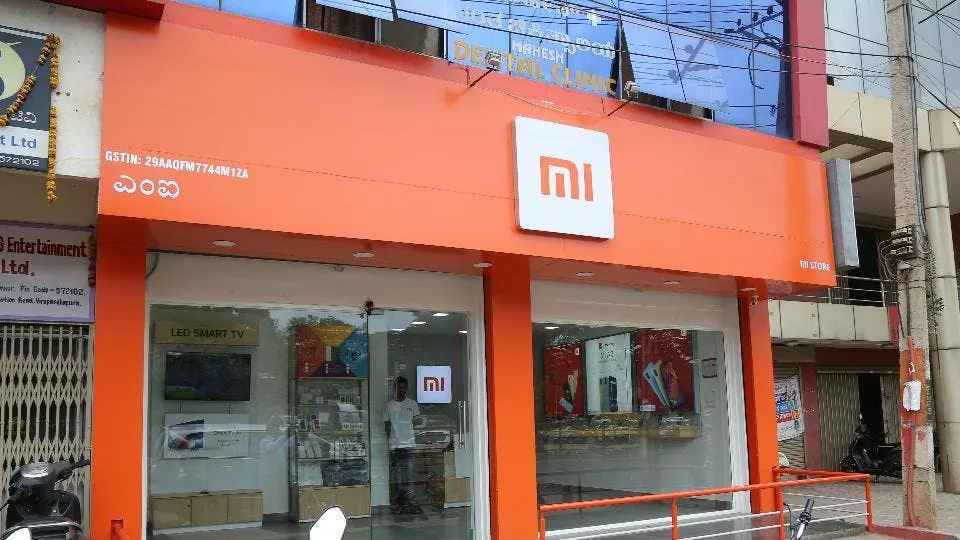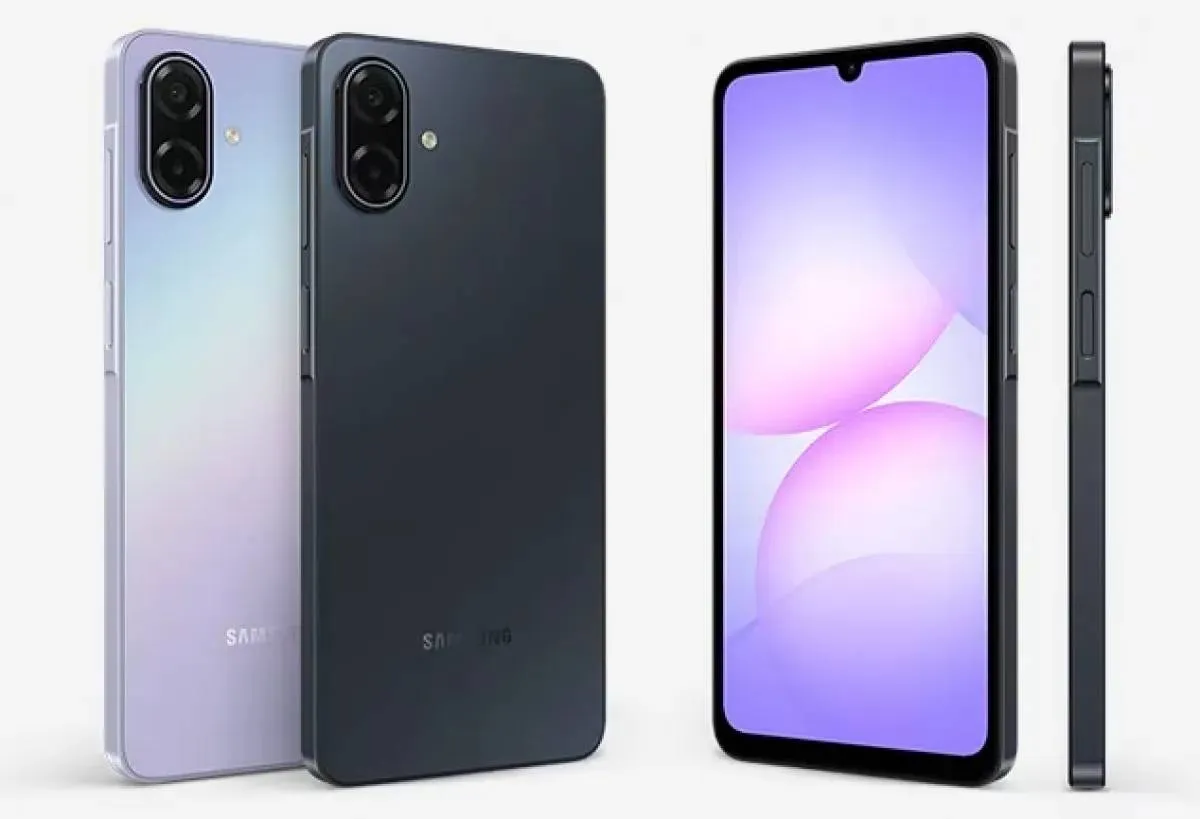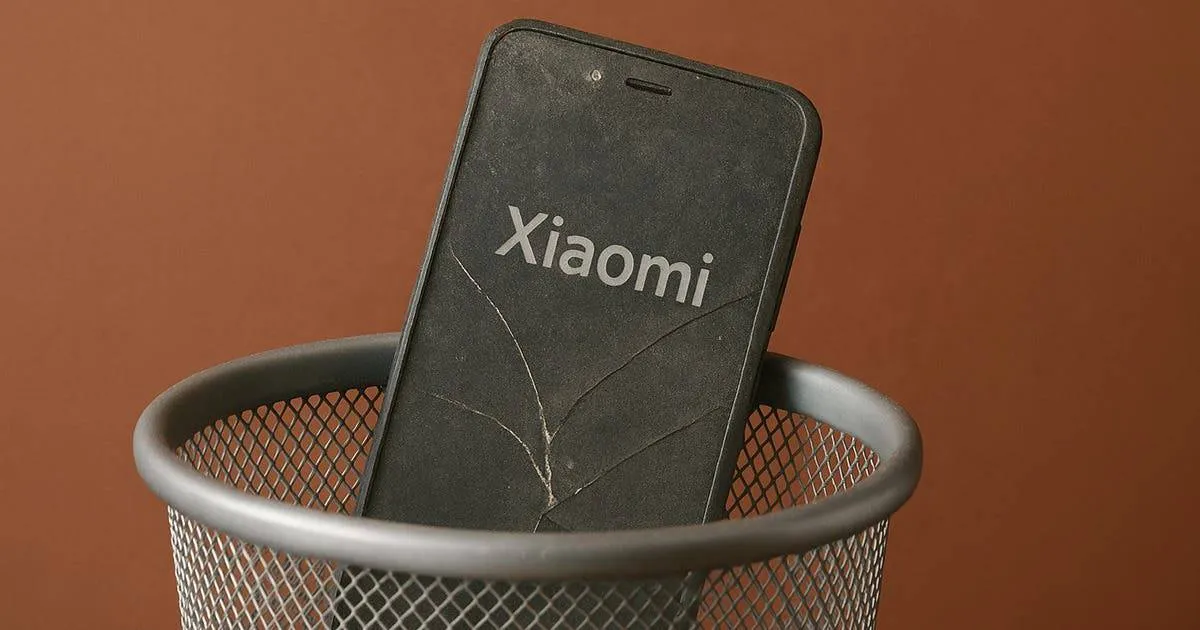Xiaomi India Director: This Year, Number of Stores Will Double
Xiaomi NewsMonday, 15 April 2019 at 14:49

According to India's ‘Economic Times’, Manu Kumar Jain, Vice President of Xiaomi Corporation and the Managing Director of Xiaomi India, said today that India's new e-commerce policy, which began in February this year, did not affect Xiaomi and didn’t cause any adverse effects.
In fact, the new e-commerce policy has no adverse effect on Xiaomi, because, in the past two years, Xiaomi smartphones have not been exclusively sold on any e-commerce platform. Instead, Xiaomi sells phones through Flipkart, Amazon, Xiaomi Mall, 5,000 Xiaomi Select Cooperative Stores and large chain stores such as Reliance, Big C and Poorvika.
Jain also said that for those smartphone brands that sell exclusively, they may need to change their business model. But for Xiaomi, the situation has not changed at all. At the same time, Xiaomi also believes in the future of e-commerce.

As for the scale of online business, Jain said that 2/3 of Xiaomi's sales last year came from online sales and 1/3 came from offline sales. This year, online and offline sales are expected to account for 50% each. In order to develop an offline business, Xiaomi will expand into hundreds of new cities in India.
In the Indian smartphone market, online sales account for 35%, while offline sales account for 65%. Jain said that in the past two years, Xiaomi has accounted for 50% of India's online sales, ranking first. The second largest brand has a share of only 7% to 8%.
Speaking of offline retail expansion plans, Jain said that Xiaomi has 50 Mi homes in 10 cities in India, and this number will double this year. In addition, Xiaomi has 5,000 selected cooperative stores, and this number will double this year as well. In addition, Xiaomi has 500 Xiaomi specialty stores (for small towns), and this year's goal is to develop to more than 5,000. By then, Xiaomi will become one of the largest retail chain companies in India.
Loading






